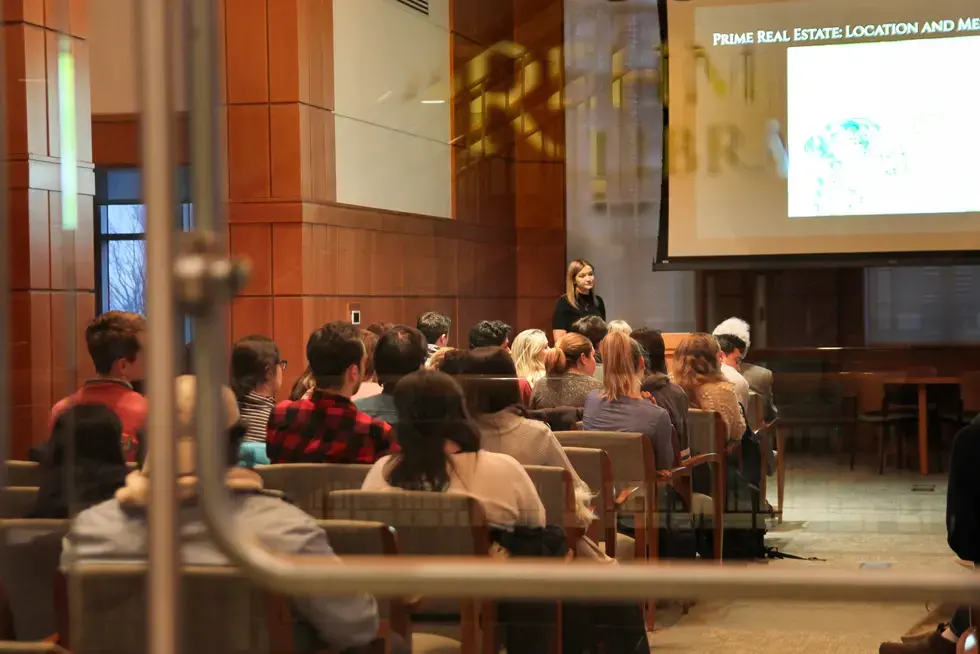McFarland Center Events
To address the grand challenges of our time at the intersections of religion, ethics and culture, the McFarland Center works alongside Holy Cross faculty to sponsor dozens of on-campus programs annually.

The McFarland Center is committed to furthering the study of the diversity and context-specificity of Catholic practice today, in a Church whose greatest vitality is increasingly found in Africa, Asia and Latin America. The Center promotes Global Catholicism scholarship both on campus, through faculty research and events, and in the public eye, through open-access resources like the Journal of Global Catholicism and Catholics and Cultures.
The Rev. Michael C. McFarland, S.J. Center for Religion, Ethics and Culture at Holy Cross derives its mission from the College’s conviction that "the search for meaning and value is at the heart of the intellectual life." The McFarland Center ensures that exploration of the complex interrelationships among religion, ethics and culture plays a vital role in the life of the Holy Cross community. It provides a forum for intellectual exchange and multidisciplinary inquiry that respects people of all faiths, cultures and nationalities while working to enhance awareness of injustice and the conditions that foster human wellbeing.

The McFarland Center's primary public space is the Rehm Library, an elegant and modern venue for lectures, forums and information sessions with state-of-the-art audio-visual capabilities. Located in Smith Hall, it also provides quiet space for study and reflection, enhanced library resources on religion and spirituality and primary texts on an array of religious traditions.